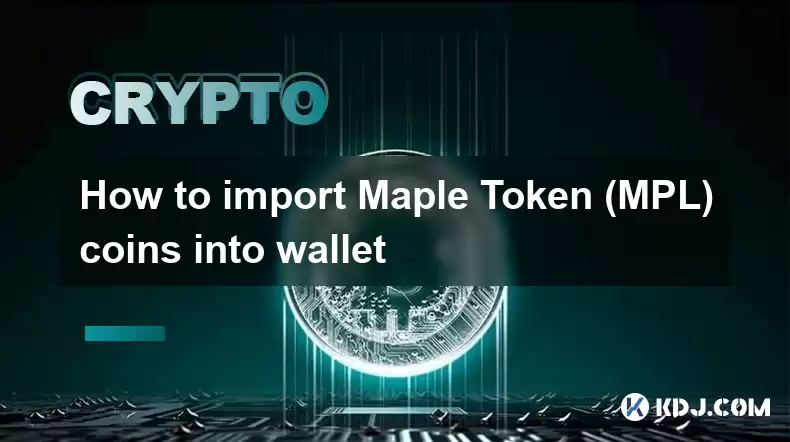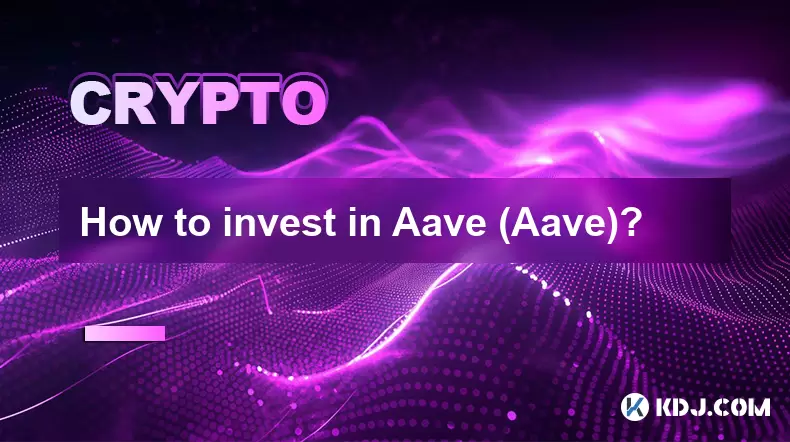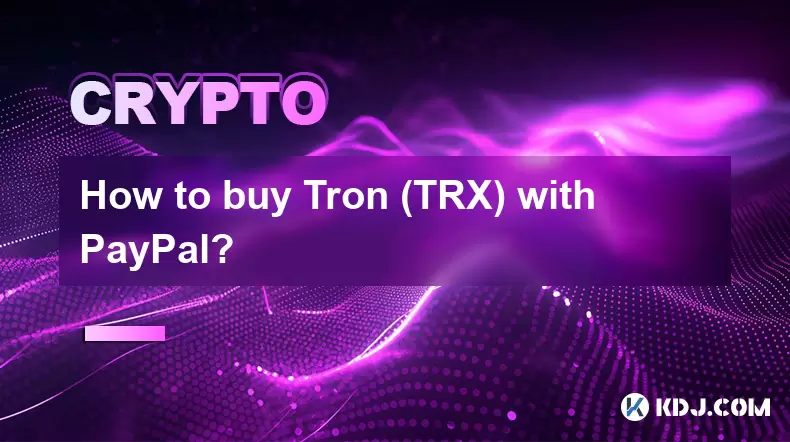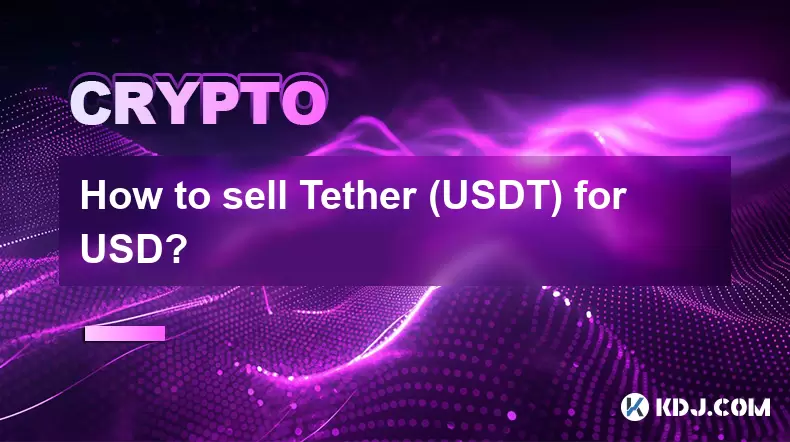-
 Bitcoin
Bitcoin $115700
0.65% -
 Ethereum
Ethereum $3785
3.93% -
 XRP
XRP $3.033
1.78% -
 Tether USDt
Tether USDt $1.000
0.04% -
 BNB
BNB $770.7
0.50% -
 Solana
Solana $168.4
0.56% -
 USDC
USDC $1.000
0.02% -
 TRON
TRON $0.3403
1.83% -
 Dogecoin
Dogecoin $0.2113
3.84% -
 Cardano
Cardano $0.7539
2.34% -
 Hyperliquid
Hyperliquid $38.84
1.28% -
 Sui
Sui $3.700
6.88% -
 Stellar
Stellar $0.4069
2.56% -
 Chainlink
Chainlink $17.80
6.93% -
 Bitcoin Cash
Bitcoin Cash $573.5
0.73% -
 Hedera
Hedera $0.2478
1.24% -
 Ethena USDe
Ethena USDe $1.001
0.00% -
 Avalanche
Avalanche $22.42
1.58% -
 Litecoin
Litecoin $120.6
2.58% -
 UNUS SED LEO
UNUS SED LEO $8.962
-0.29% -
 Toncoin
Toncoin $3.296
2.09% -
 Shiba Inu
Shiba Inu $0.00001251
1.77% -
 Uniswap
Uniswap $9.982
3.75% -
 Polkadot
Polkadot $3.710
1.55% -
 Dai
Dai $1.000
0.00% -
 Bitget Token
Bitget Token $4.425
1.98% -
 Monero
Monero $265.2
-7.14% -
 Cronos
Cronos $0.1472
2.44% -
 Pepe
Pepe $0.00001073
2.66% -
 Aave
Aave $270.9
4.17%
How to import Maple Token (MPL) coins into wallet
To securely store your Maple Token (MPL) coins, consider both hardware wallets (e.g., Trezor or Ledger) for maximum security or software wallets (e.g., MetaMask or Trust Wallet) for convenience.
Dec 24, 2024 at 05:58 pm

Key Points
- Understanding the Maple Token (MPL)
- Choosing the Right Wallet
- Importing MPL into a Software Wallet
- Importing MPL into a Hardware Wallet
- FAQs about Importing MPL Coins into a Wallet
How to Import Maple Token (MPL) Coins into a Wallet
Understanding the Maple Token (MPL)
Maple Token (MPL) is an institutional-grade digital asset lending platform. It provides uncollateralized loans to creditworthy borrowers and allows investors to earn interest on their crypto assets. MPL serves as the governance token for the Maple ecosystem, enabling holders to participate in critical platform decisions and shape its future direction.
Choosing the Right Wallet
To import MPL coins into a wallet, you must first select a compatible wallet. Hardware wallets, such as Trezor and Ledger, offer the highest level of security, while software wallets, like MetaMask and Trust Wallet, provide convenience and accessibility. Choose a wallet that aligns with your specific security requirements and ease-of-use preferences.
Importing MPL into a Software Wallet
- Install the Software Wallet: Download and install the chosen software wallet onto your device.
- Create a Wallet: Follow the on-screen instructions to create a new wallet or restore an existing one. Record your recovery phrase securely.
- Add a Custom Token: Select the "Add Custom Token" option within the wallet interface. Enter the MPL contract address, the token symbol (MPL), the number of decimals (18), and the token name (Maple).
- Import MPL: Transfer your MPL coins from the exchange or other source to the newly added custom token address within the software wallet. Confirm the transaction and allow for necessary network confirmations.
Importing MPL into a Hardware Wallet
- Connect to Software Interface: Connect your hardware wallet to your computer and open the accompanying software interface.
- Create a New Account: Select the "Add Account" option and follow the instructions to create a new account on your hardware wallet.
- Add a Custom Token: Similarly to the software wallet, navigate to the "Add Custom Token" section and input the MPL contract address, symbol, decimals, and name.
- Verify and Import: Verify the token details and select the "Import" button. Send MPL coins to your hardware wallet's public address and confirm the transaction on your hardware device.
FAQs about Importing MPL Coins into a Wallet
1. Which hardware wallets are compatible with MPL?
Trezor and Ledger are the recommended hardware wallets for storing MPL coins.
2. How can I confirm my MPL coins are securely stored?
Check the transaction history within your wallet to verify that the MPL coins have arrived. Store your wallet's recovery phrase securely to ensure you can recover your assets in case of device loss or damage.
3. Is there a minimum balance required to import MPL coins into a wallet?
There is no minimum balance requirement for importing MPL coins into a wallet. However, the transaction fees incurred during the import process may vary depending on network congestion.
4. Can I send MPL coins from a centralized exchange directly to my hardware wallet?
Yes, transferring MPL coins directly from a centralized exchange to your hardware wallet is possible. Ensure you have added a custom token for MPL within your hardware wallet prior to initiating the transfer.
5. How can I track the status of my MPL import transaction?
You can use a block explorer, such as Etherscan, to track the status of your MPL import transaction. Enter the transaction hash into the block explorer to view its confirmation progress.
Disclaimer:info@kdj.com
The information provided is not trading advice. kdj.com does not assume any responsibility for any investments made based on the information provided in this article. Cryptocurrencies are highly volatile and it is highly recommended that you invest with caution after thorough research!
If you believe that the content used on this website infringes your copyright, please contact us immediately (info@kdj.com) and we will delete it promptly.
- Crypto Phishing Alert: $3 Million USDT Loss Highlights DeFi Risks
- 2025-08-08 01:10:12
- Crypto Presale Mania: Is Punisher Coin the High ROI King?
- 2025-08-08 01:10:12
- Online Betting, Platforms & Crypto Access: What's Hot in 2025
- 2025-08-08 00:50:12
- Bitcoin Mining, Natural Gas & Union Jack Oil: A New Dawn for Onshore UK Energy?
- 2025-08-08 00:55:12
- Bitcoin's Wild Ride: Bollinger Bands, $117K, and What's Next?
- 2025-08-08 00:30:12
- Ripple, Rail, and Stablecoin Payments: A $200M Power Play
- 2025-08-07 22:50:12
Related knowledge

Where can I buy UMA (UMA)?
Aug 07,2025 at 06:42pm
Understanding UMA and Its Role in Decentralized FinanceUMA (Universal Market Access) is an Ethereum-based decentralized finance (DeFi) protocol design...

What exchanges support buying IOTA (MIOTA)?
Aug 07,2025 at 09:58pm
Understanding the Role of Private Keys in Cryptocurrency SecurityIn the world of cryptocurrency, private keys are the cornerstone of ownership and con...

What is the best app to buy EOS?
Aug 07,2025 at 04:35pm
Understanding EOS and Its Role in the Cryptocurrency EcosystemEOS is a blockchain platform designed to support decentralized applications (dApps) with...

How to invest in Aave (Aave)?
Aug 08,2025 at 01:07am
Understanding Aave (AAVE) and Its Role in DeFiAave is a decentralized finance (DeFi) protocol that enables users to lend, borrow, and earn interest on...

How to buy Tron (TRX) with PayPal?
Aug 08,2025 at 12:57am
Understanding Tron (TRX) and PayPal CompatibilityTron (TRX) is a decentralized blockchain platform focused on building a global digital content entert...

How to sell Tether (USDT) for USD?
Aug 07,2025 at 03:29pm
Understanding Tether (USDT) and Its USD ValueTether (USDT) is a stablecoin designed to maintain a 1:1 value ratio with the United States Dollar (USD)....

Where can I buy UMA (UMA)?
Aug 07,2025 at 06:42pm
Understanding UMA and Its Role in Decentralized FinanceUMA (Universal Market Access) is an Ethereum-based decentralized finance (DeFi) protocol design...

What exchanges support buying IOTA (MIOTA)?
Aug 07,2025 at 09:58pm
Understanding the Role of Private Keys in Cryptocurrency SecurityIn the world of cryptocurrency, private keys are the cornerstone of ownership and con...

What is the best app to buy EOS?
Aug 07,2025 at 04:35pm
Understanding EOS and Its Role in the Cryptocurrency EcosystemEOS is a blockchain platform designed to support decentralized applications (dApps) with...

How to invest in Aave (Aave)?
Aug 08,2025 at 01:07am
Understanding Aave (AAVE) and Its Role in DeFiAave is a decentralized finance (DeFi) protocol that enables users to lend, borrow, and earn interest on...

How to buy Tron (TRX) with PayPal?
Aug 08,2025 at 12:57am
Understanding Tron (TRX) and PayPal CompatibilityTron (TRX) is a decentralized blockchain platform focused on building a global digital content entert...

How to sell Tether (USDT) for USD?
Aug 07,2025 at 03:29pm
Understanding Tether (USDT) and Its USD ValueTether (USDT) is a stablecoin designed to maintain a 1:1 value ratio with the United States Dollar (USD)....
See all articles

























































































